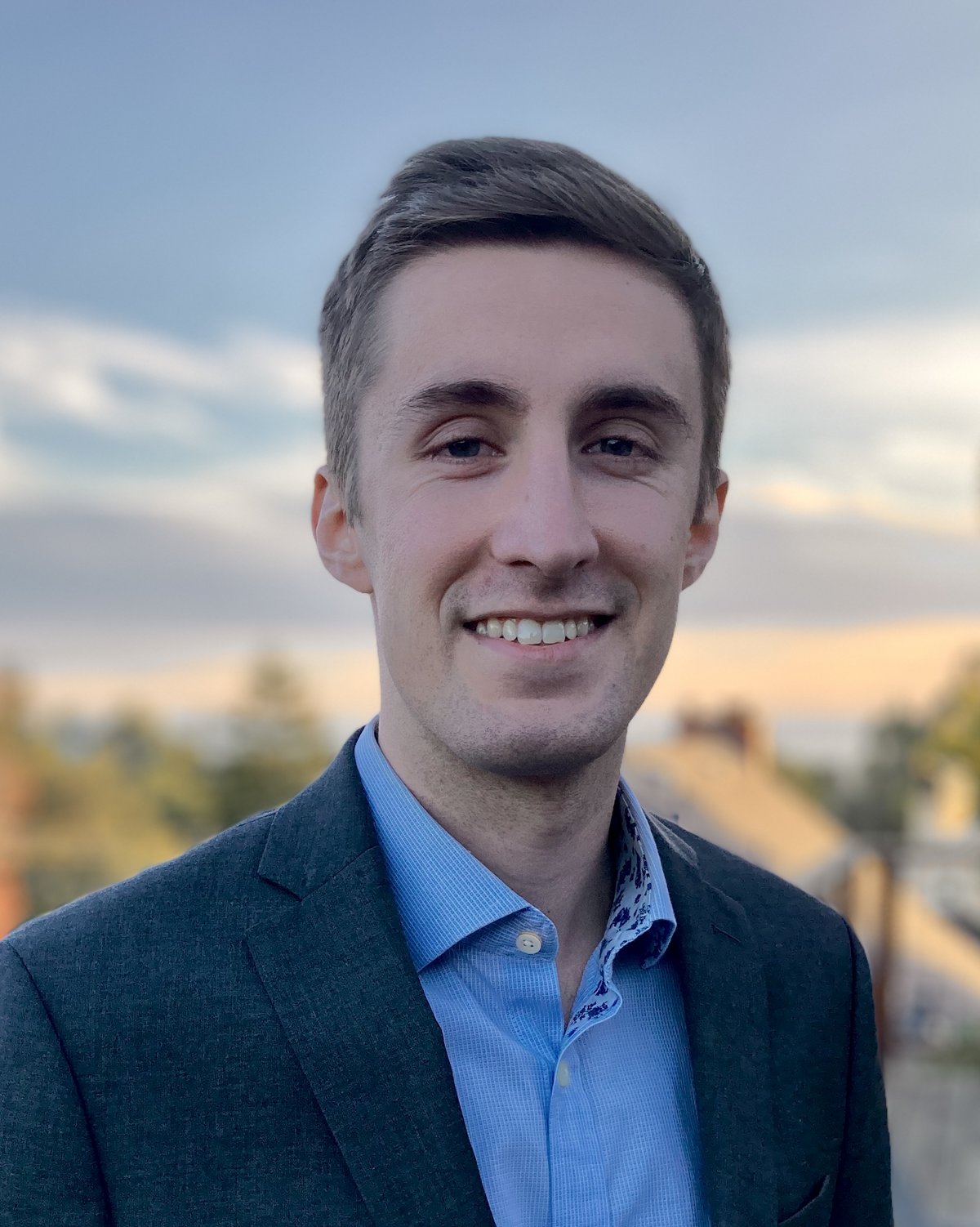Guest Researchers
Our guests are researchers from Germany, Europe and all over the world. They work on inequality and stay in Konstanz for a time to engage with scientists at the Cluster.

Ryan Pike
Ryan Pike is a PhD Candidate in political science at Yale University. He will be at the Cluster for the 2023-2024 academic year. Prior to graduate school, he completed his bachelors at the University of California Santa Barbara. His dissertation investigates firm support and cooperation on climate policy in industrialized democracies. More broadly, his research interests lie in comparative and international political economy.
You can reach Ryan by mail.

Barak Zur
A PhD student at Tel Aviv University in Israel, supervised by Prof. Yotam Margalit, Barak's research focuses on the connection between globalization and democracy. Barak completed his BA in philosophy, political science, and economics (PPE) at Tel Aviv University, his MA in economic history, and his M.Sc. in economics at Bayreuth University in Germany. His dissertation focuses on the connection between global employment opportunities and political behavior with a specific focus on Europe. He is currently working on a paper named: "People Against the Demos? How Intra-EU Employment Opportunities Shape Political Behaviour: A Cross-Country Analysis".
You can reach him by mail .
